Can a minimalist lifestyle improve your well-being? What you need to know before your next big declutter
If you're looking for a fresh start in the new year you could benefit from trying the minimalist approach
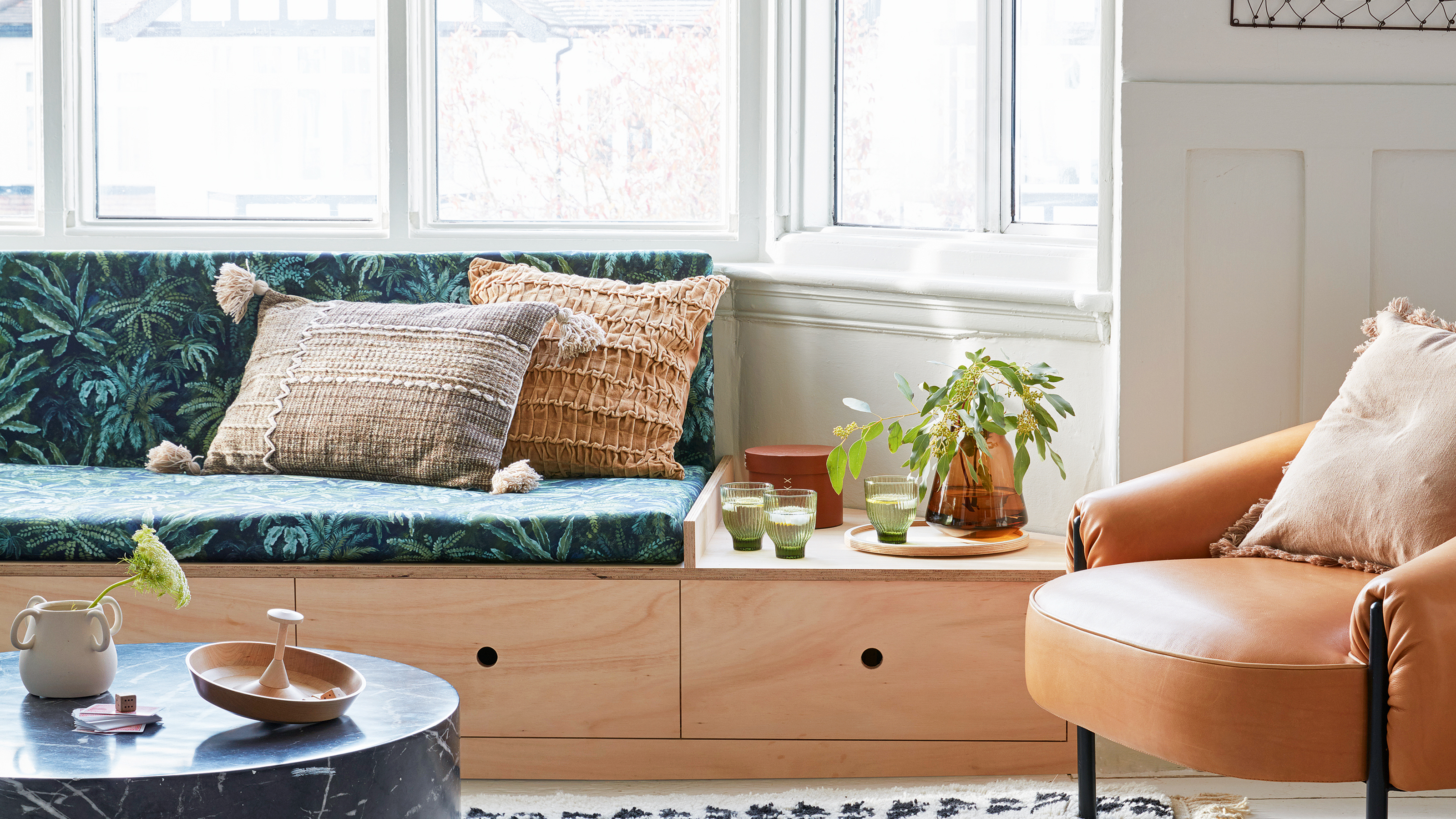
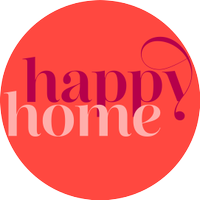
- What is minimalism?
- Can a minimalist home improve your mental health?
- How to adopt a minimalist lifestyle at home
- 1. Try the 'Spontaneous Combustion Rule'
- 2. Cut down your 'just-in-case' belongings
- 3. Try the minimalism game
- 4. Consider the value an item will bring to your life
- 5. Don't mix up minimalist lifestyle with a minimalist asethetic
- FAQs

New year, new you might sound like a cliche, but the start of the new year is the perfect time for a fresh start. If you're hoping for a happier and calmer home in 2024 then adopting a minimalist lifestyle could be the key.
A few years ago I was introduced to minimalism by my sister as a way to help me ease the anxiety my cluttered flat was causing me. She had already successfully adopted a minimalist lifestyle, but as someone with what can only be described as maximalist and eccentric home decor taste, I wasn't convinced it would be for me.
But I couldn't have been more wrong here's the thing that surprised me, you can be a minimalist and not live in a plain white box. It is more a process of decluttering items that aren't adding to your life to create a calm and serene space. It can be the first step in giving your home a mood-boosting makeover, the effects of which you'll feel way beyond a simple January clearout.
What is minimalism?
In short, minimalism is about simplicity and owning fewer things. However, it isn't just about tossing all your belongings in a skip and living out the rest of your days with only one chair and a skeleton kitchen.
'People often confuse minimalism with having zero belongings with white walls and sitting on cushions on the floor,' explains Craig Hoareau, APDO Member and Owner of A Tidy Mind London. 'Although some people do live this way, minimalism means different things to different people. Ultimately, a minimalist lifestyle isn't just about having fewer possessions, it's about mindset, one that encourages intentional living, mindfulness, and appreciation for the things that truly add value to your life.'
The goal of minimalism is to intentionally let go of things and hold on only to the things that you value and bring value into your life.
Joshua Fields Millburn part of the team behind the popular podcast The Minimalists explains: 'When I first stumbled into minimalism, I spent eight months letting go of my excess possessions. Through countless trips to the local donation center, I deliberately freed myself of more than 90% of my possessions, and suddenly the chaos transformed into calm.
Get the Ideal Home Newsletter
Sign up to our newsletter for style and decor inspiration, house makeovers, project advice and more.

Joshua started out on his minimalist journey in 2009, and launched the Minimalists website in 2010. The Minimalists are made up of Joshua Fields Millburn, T.K. Coleman, and Ryan Nicodemus. Not only are they New York Times–bestselling authors but the The Minimalists Podcast, has more than 130 million downloads and is one of the most popular podcasts in the world.
Can a minimalist home improve your mental health?
There are easy things to declutter at the start of a new year, but letting go of 90% of your belongings can sound intimidating. However, if you looked around your room right now would you be able to name the last time you used everything? Now think about the mental capacity that not only buying, but owning and maintaining those objects is occupying in your mind as well as your house.
Studies have found that there is a link between minimalism and happiness. In an article published by the Journal of Positive Psychology in 2021, the authors of the research led by Joshua Hook of the University of North Texas found that from the results of 23 studies, there was a consistent relationship between minimalism and well-being.
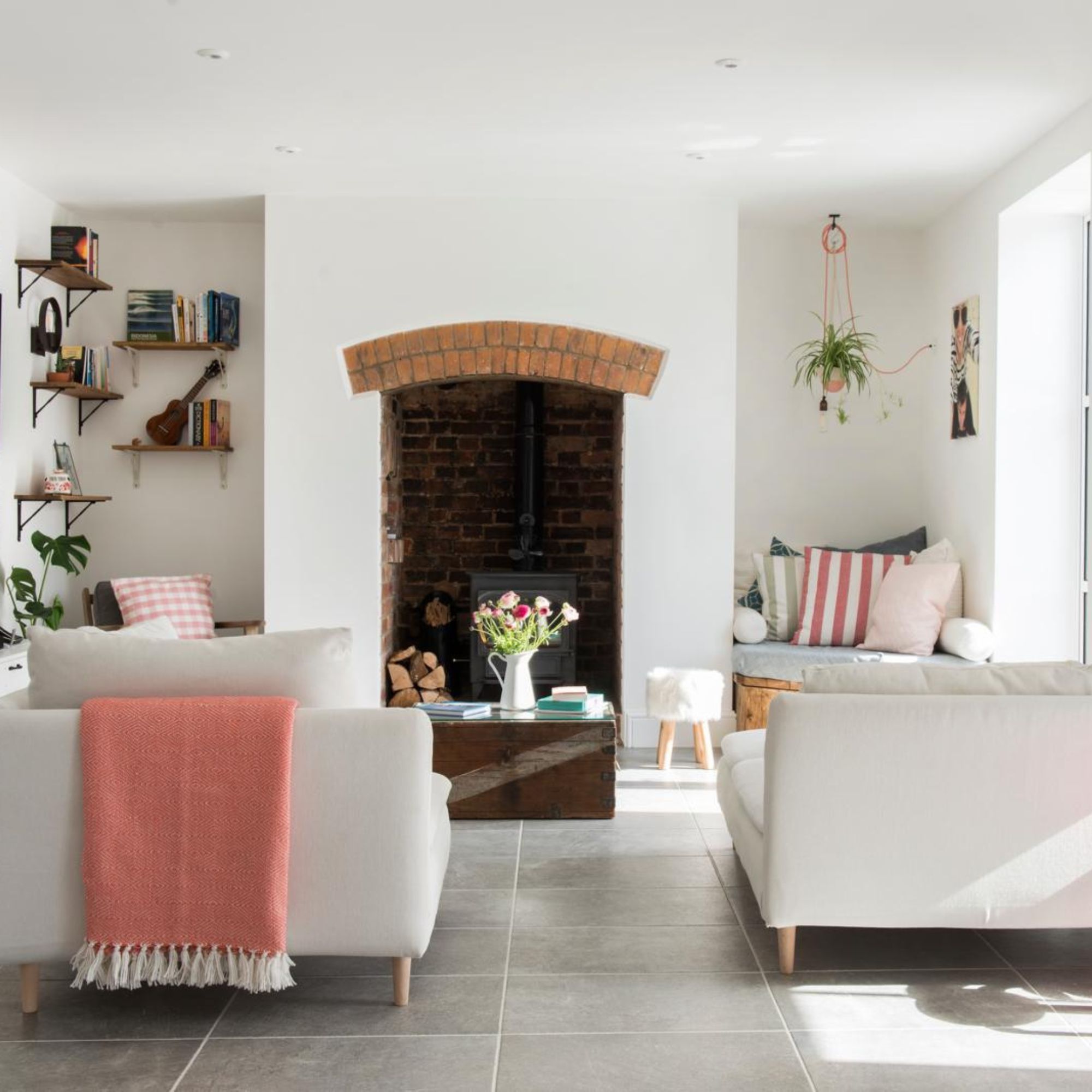
There are many reasons this might be, in the paper the researchers speculated that it was due to those living a minimalist lifestyle being able to control their desire to consume things more. Instead, they were able to focus on their psychological needs.
That is a complicated way of saying that a decluttered space will often help people feel calmer, more focused and able to devote time to what makes them happy.
How to adopt a minimalist lifestyle at home
If like me the concept of a minimalist lifestyle and the benefits sound great, but the reality of axing 90% is easier said, than done, don't worry. I promise I'm not about to make you lay out all your belongings in a giant storage facility and race through to slash the amount of things you own like the families on BBC's Sort Your Life Out.
Instead, I've rounded up some simple tips for how to get started, from what to get rid of and how to go about buying new items for your home.
1. Try the 'Spontaneous Combustion Rule'
This trick is from the Minimalist Rulebook, by the Minimalists that outlines 16 rules to live with less, and is a personal favourite of Joshua. It starts with a simple question: If this item spontaneously combusts, would I feel relieved, or would I replace it?
'If you’d replace it, then that possession has a purpose in your life, and it makes sense to keep it as long as it continues to add value,' explains Joshua.
'But if you’d feel relieved once that item was gone, that’s a sign that you can give yourself permission to get rid of it.'
'The interesting thing is that this rule can apply to anything from material possessions and digital clutter to careers and relationships. It’s a question worth asking throughout all areas of your life because it helps you better understand the truth about what you value, and what you want to let go.'
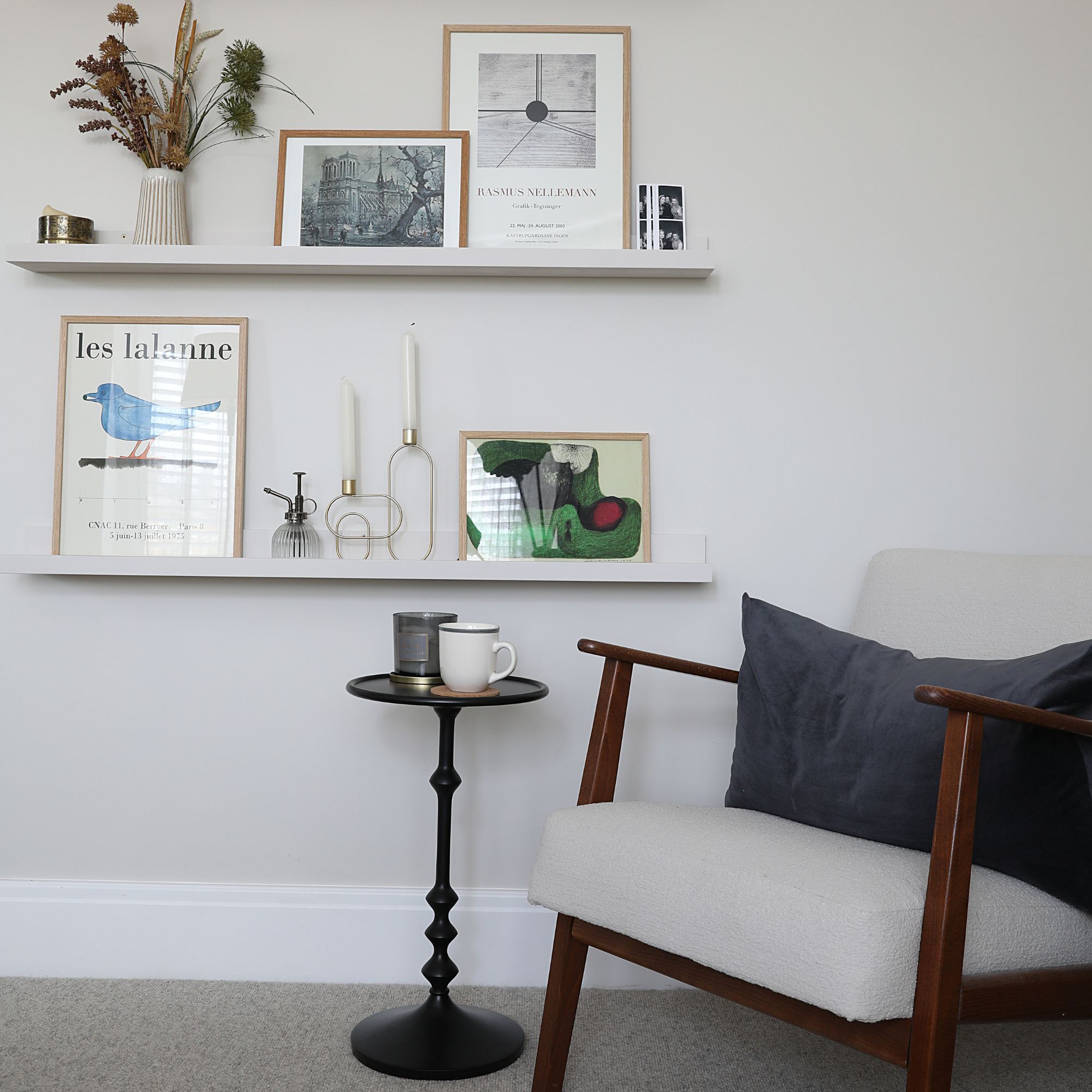
2. Cut down your 'just-in-case' belongings
This doesn't mean getting rid of your emergency blackout box, or other emergency items that aren't often used. Instead, this means that tennis racket gathering dust 'just in case' you want to play in the future, or the empty jam jars you're keeping 'just in case' you need them for storage.
'A good rule is if you haven't used it in six months to a year, consider letting it go,' says Craig Hoareau. 'However, be mindful that your work is done when you’ve done a round of decluttering, you have to be careful with what you bring in afterwards, otherwise, you will keep having to declutter.'
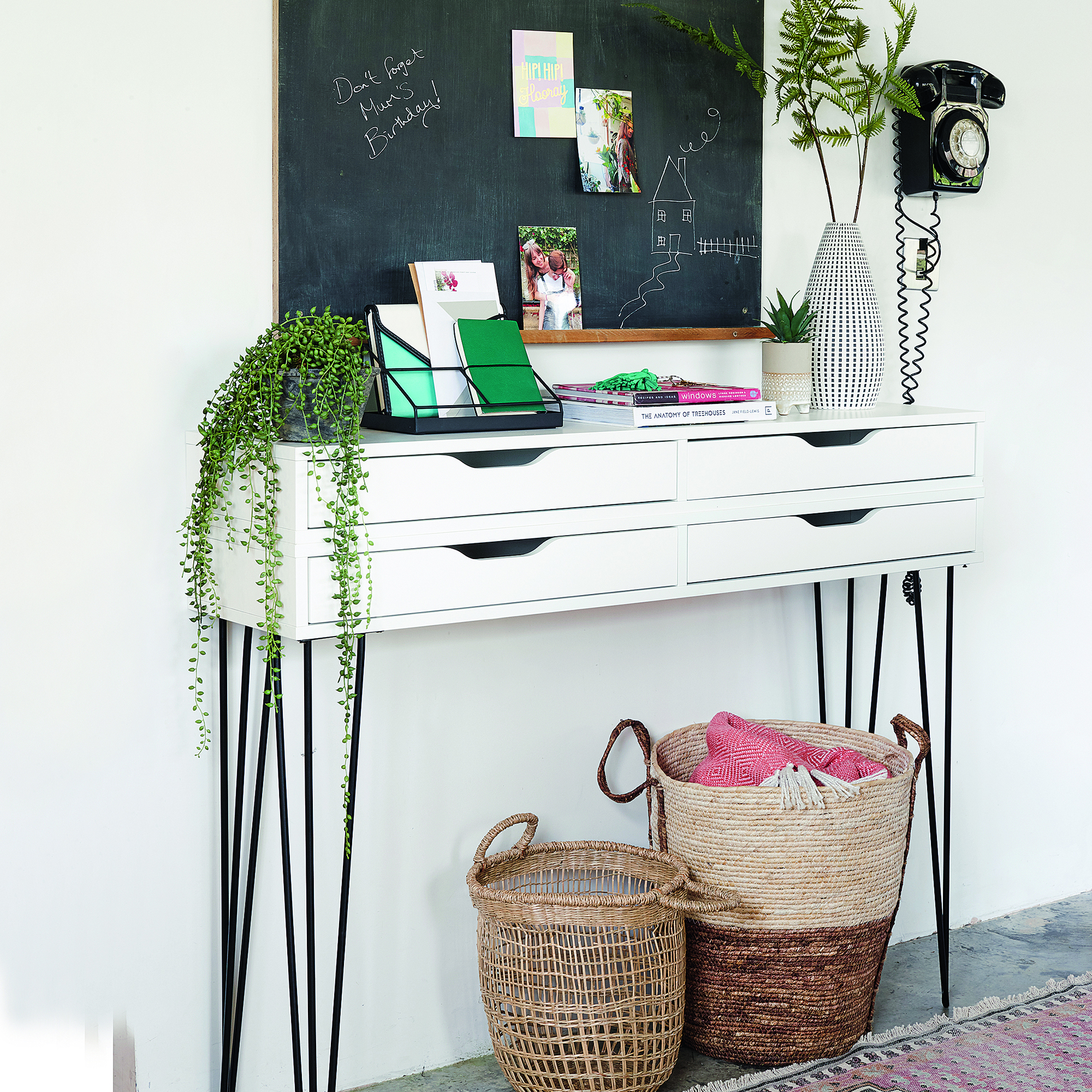
3. Try the minimalism game
Another one from the minimalist, the minimalism game is a great way to slowly build up to mindfully discard the things you don't need. You start by getting rid of 1 thing on the first day, 2 things on the second day, 3 things on the third day and so on until you get to 30 days.
The only rule is that the item has to leave your house instantly. That can be dropping it at a charity shop or giving it to a friend who might need it. One of my colleagues tried it and was stunned at how it motivated her to seek out the things she didn't want to keep, and how much calmer she felt at the end of the 30 days.
4. Consider the value an item will bring to your life
'My wife, daughter, and I don't own much, but everything we do own adds real value to our lives. Each of our belongings—our kitchenware, our clothes, our car, our couch—has a function. Every possession serves a purpose or amplifies our well-being. Everything else is out of the way,' explains Joshua.
'Our things tend to get in the way of what’s truly essential—our relationships. Human connection is missing from our lives, and it can’t be purchased—it can only be cultivated. To do so, we must simplify, which starts with the stuff and then extends to every aspect of our lives,' he adds.
Next time you buy something new or are decluttering, consider what that particular item is adding to your life and what purpose it's serving.
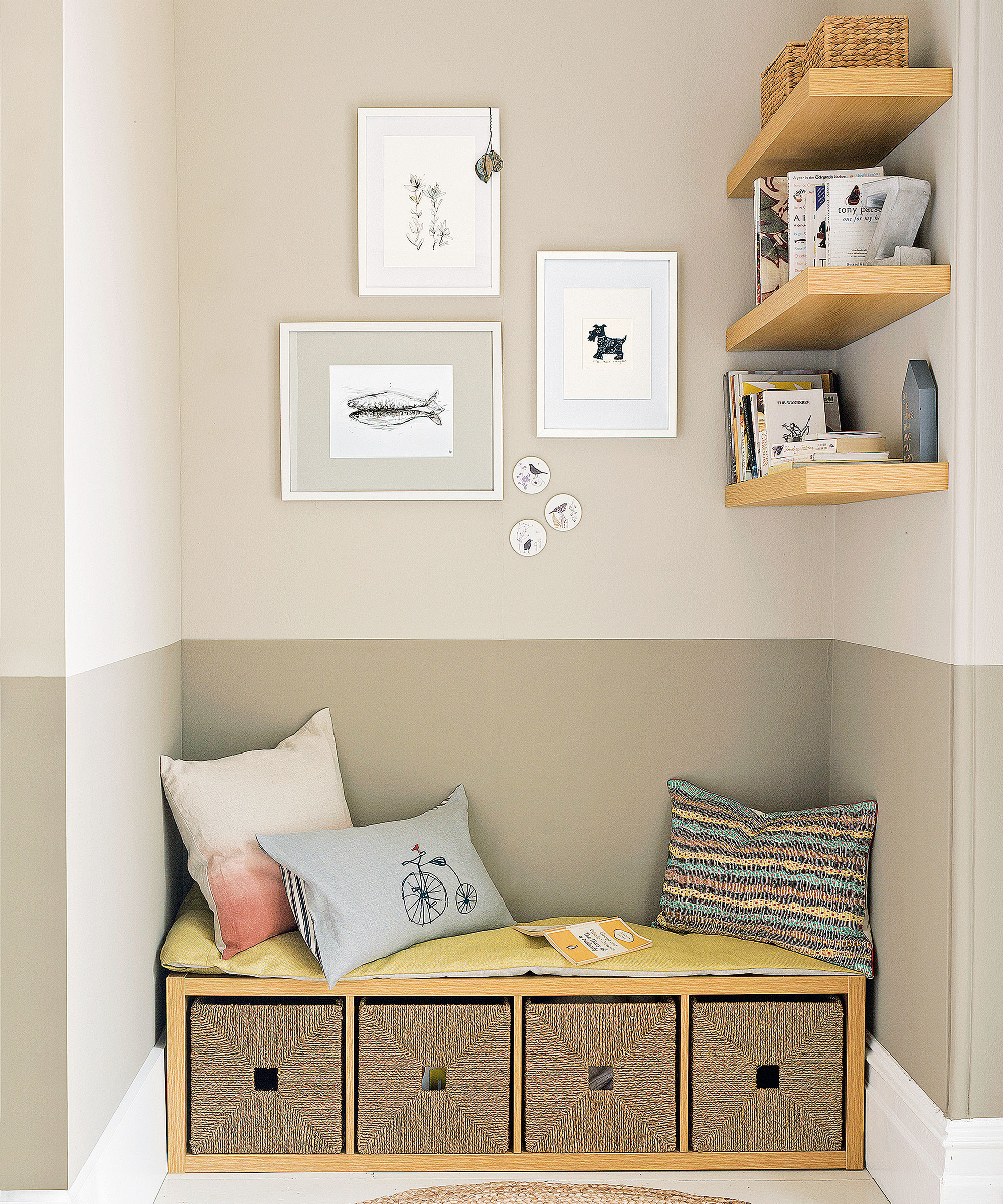
5. Don't mix up minimalist lifestyle with a minimalist asethetic
This was the part of minimalism that always scared me, but you don't need to subscribe to the minimalist aesthetic to benefit from a minimalist lifestyle.
'Minimalism doesn’t always mean neutral decor, the key is not having clutter. For myself, having a clutter-free home makes me feel happy, calm and organised. Some people, however, can be calmer in a busy space surrounded by personal decor which reminds them of happy memories. Interiors are very personal and it’s important to listen to your mind when considering the interior direction of your home,' explains Kelly Collins, Head of Creative & PR at Swyft.
Joshua also points out that while he might live a minimalist lifestyle, it isn't instantly obvious from his home.
'After minimizing, my home was comparatively sparse, but if you visited my home today, more than a decade after minimizing, you wouldn’t leap up and proclaim, “This guy’s a minimalist!”' he says.
'No, you’d probably just say, “He’s tidy!” and you’d ask how my family and I keep things so “organized.”
You can still have bold wallpaper, blankets and artwork, just make sure whatever design ideas you opt for are chosen to help you feel happier in your home.
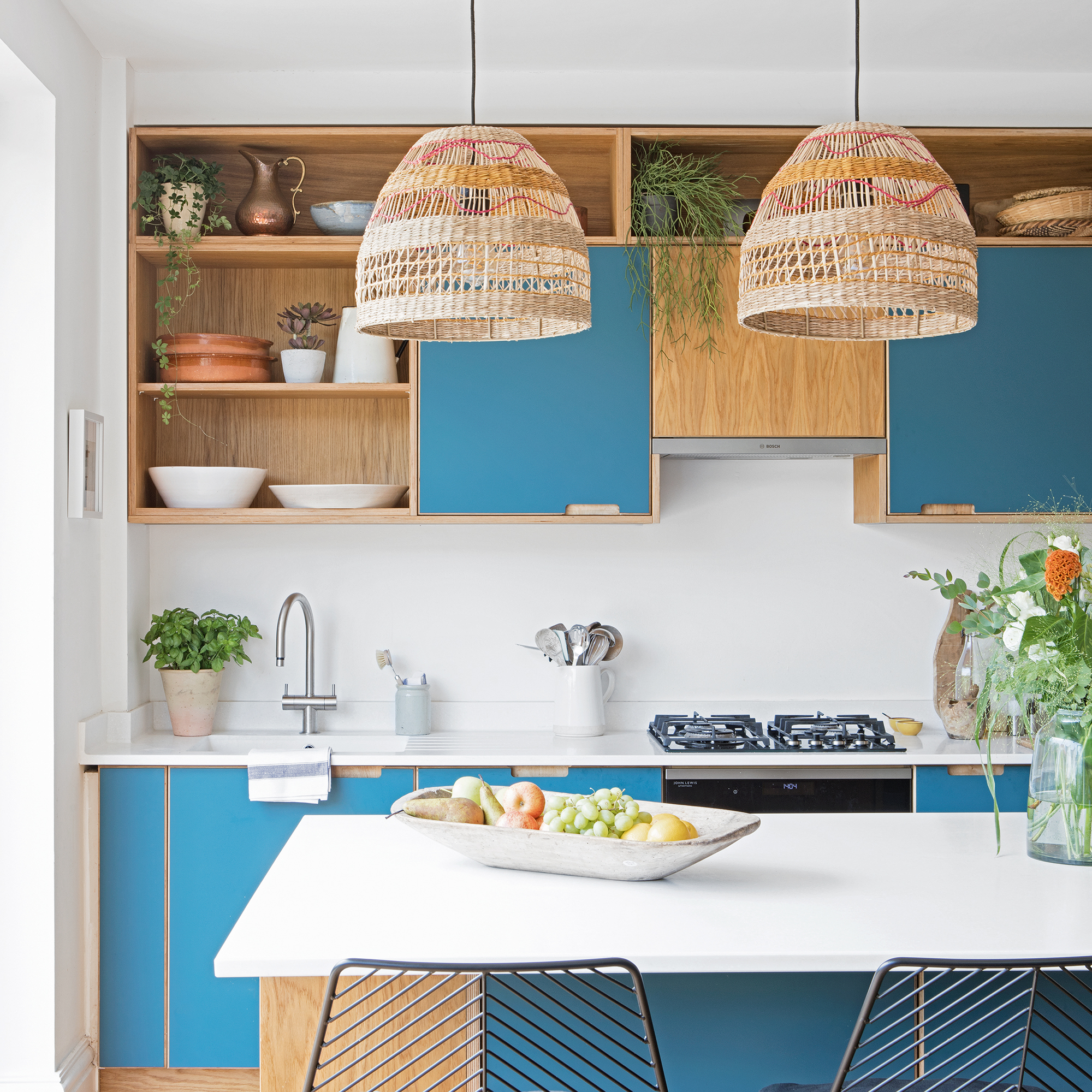
FAQs
How does minimalism improve mental health?
Their are many benefits to adopting a minimalist lifestyle including improving well-being. A relationship between well-being and a simpler lifestyle has been found in many studies, which researchers concluding that it allowed people to exercise more control over their desires and to focus on psychological growth.
'A minimalist home can significantly impact your organisation and well-being as you have less to tidy up and worry about, and it also saves you money,' says Craig Hoareau. 'A clutter-free space reduces visual noise and promotes a sense of calmness and clarity. You'll spend less time looking for things and more time enjoying your home.
'Less things means less distractions and you'll find it easier to concentrate on tasks and boosting your productivity and creativity. Your stress levels will reduce as a result of having fewer possessions which are organised and simplified having a big impact on your mental wellbeing.'
I planning to kick January off by giving the minimalism game a go - will you be joining me?

Rebecca Knight has been the Deputy Editor on the Ideal Home Website since 2022. She graduated with a Masters degree in magazine journalism from City, University of London in 2018, before starting her journalism career as a staff writer on women's weekly magazines. She fell into the world of homes and interiors after joining the Ideal Home website team in 2019 as a Digital Writer. In 2020 she moved into position of Homes News Editor working across Homes & Gardens, LivingEtc, Real Homes, Gardeningetc and Ideal Home covering everything from the latest viral cleaning hack to the next big interior trend.
-
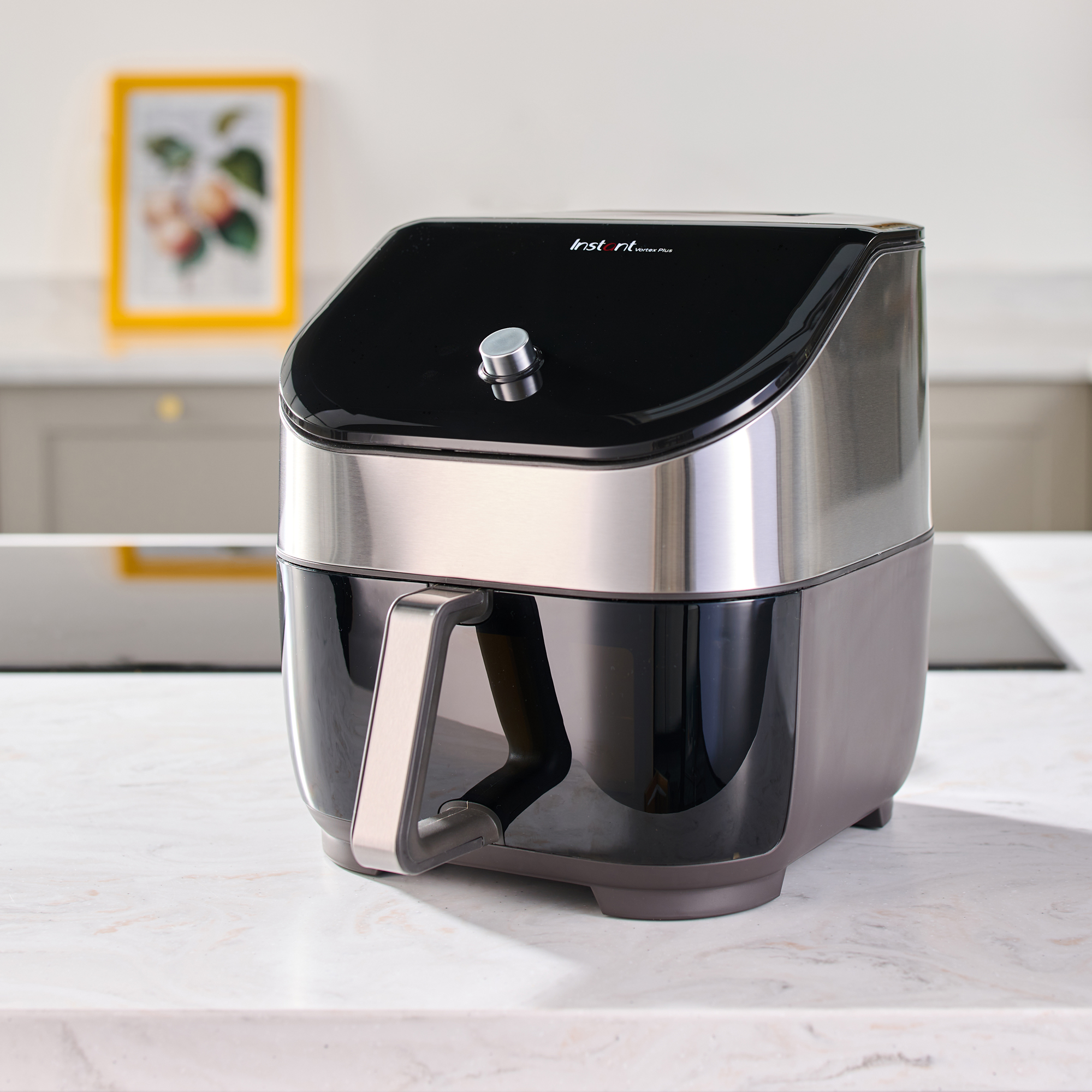 Should an air fryer be on display in a kitchen or hidden away? This is why I always keep my small appliances on the worktop
Should an air fryer be on display in a kitchen or hidden away? This is why I always keep my small appliances on the worktopAre you on team display or neatly hidden away? Share your opinion in the comments
By Rebecca Knight
-
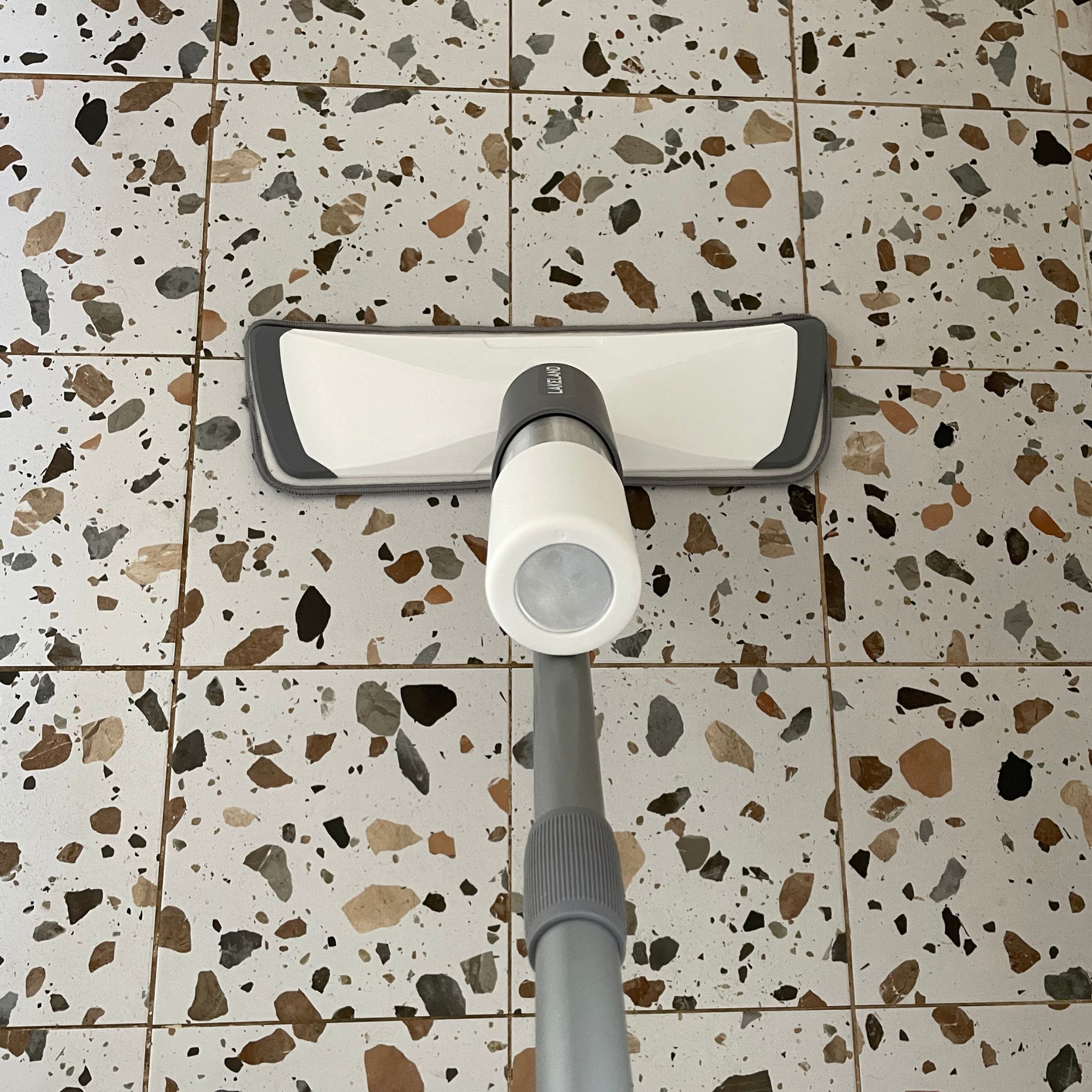 Experts warn that these 5 mopping mistakes are making your floors dirtier — and damaging your floors in the process
Experts warn that these 5 mopping mistakes are making your floors dirtier — and damaging your floors in the processThis is how to keep them clean and avoid costly damage
By Lauren Bradbury
-
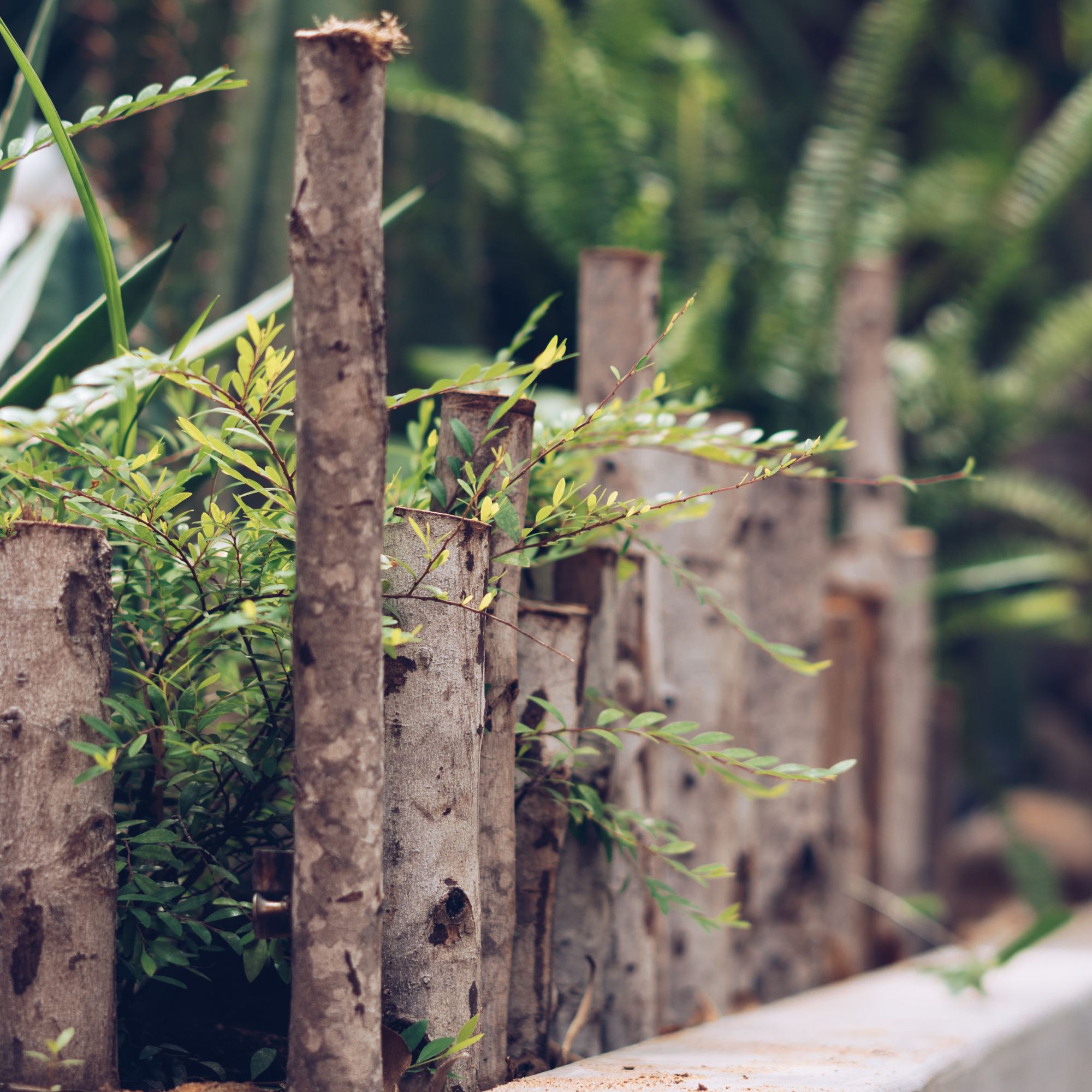 Move over, fences – dead hedges are the wild and wonderful alternative your garden will love and they're easier to build than you'd think
Move over, fences – dead hedges are the wild and wonderful alternative your garden will love and they're easier to build than you'd thinkThe perfect eco-friendly solution for small gardens
By Kayleigh Dray
-
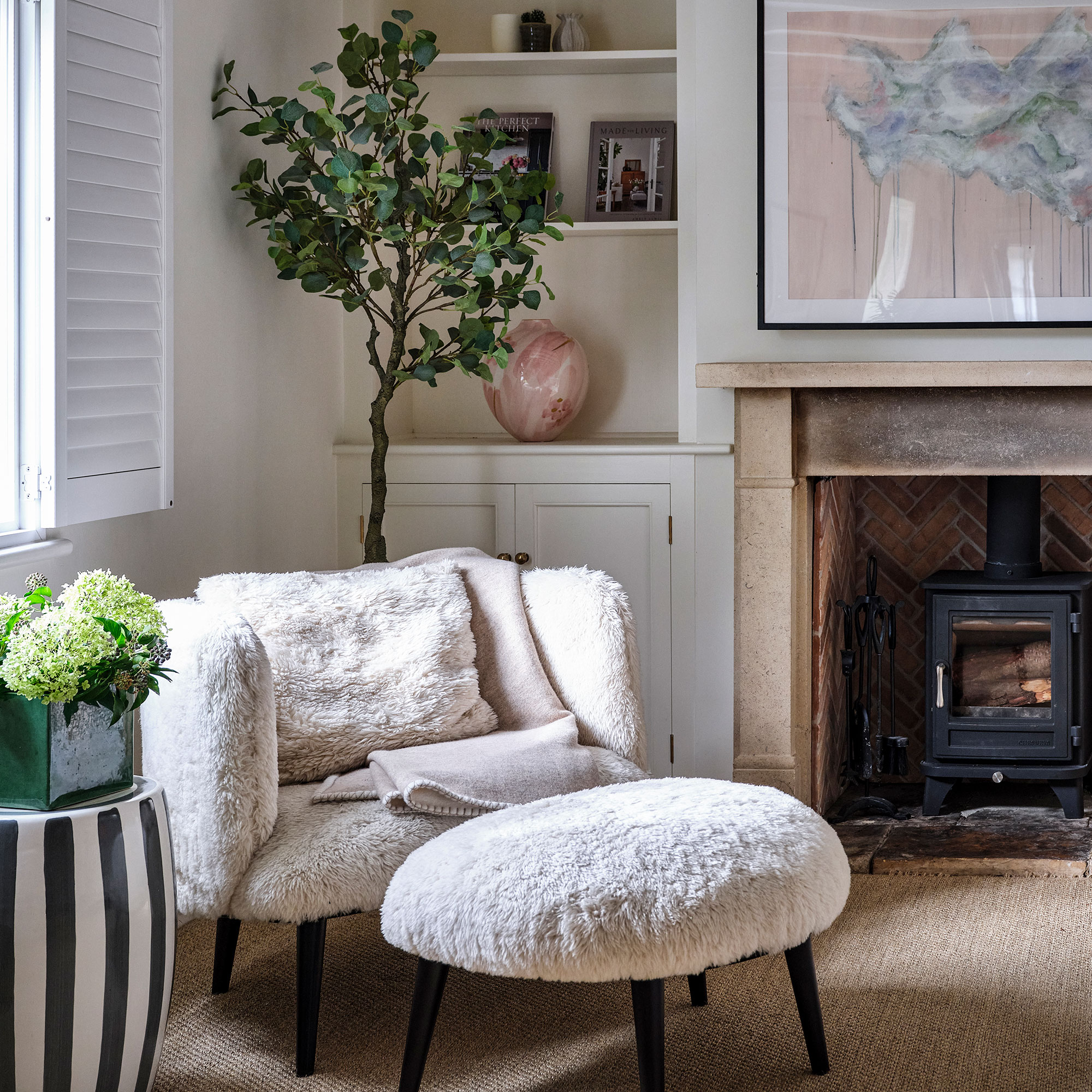 Hygge living room ideas — 6 ways to warm up your home with this Danish concept and cosy aesthetic
Hygge living room ideas — 6 ways to warm up your home with this Danish concept and cosy aestheticHunker down until summer finally arrives with these warming ideas
By Rebecca Knight
-
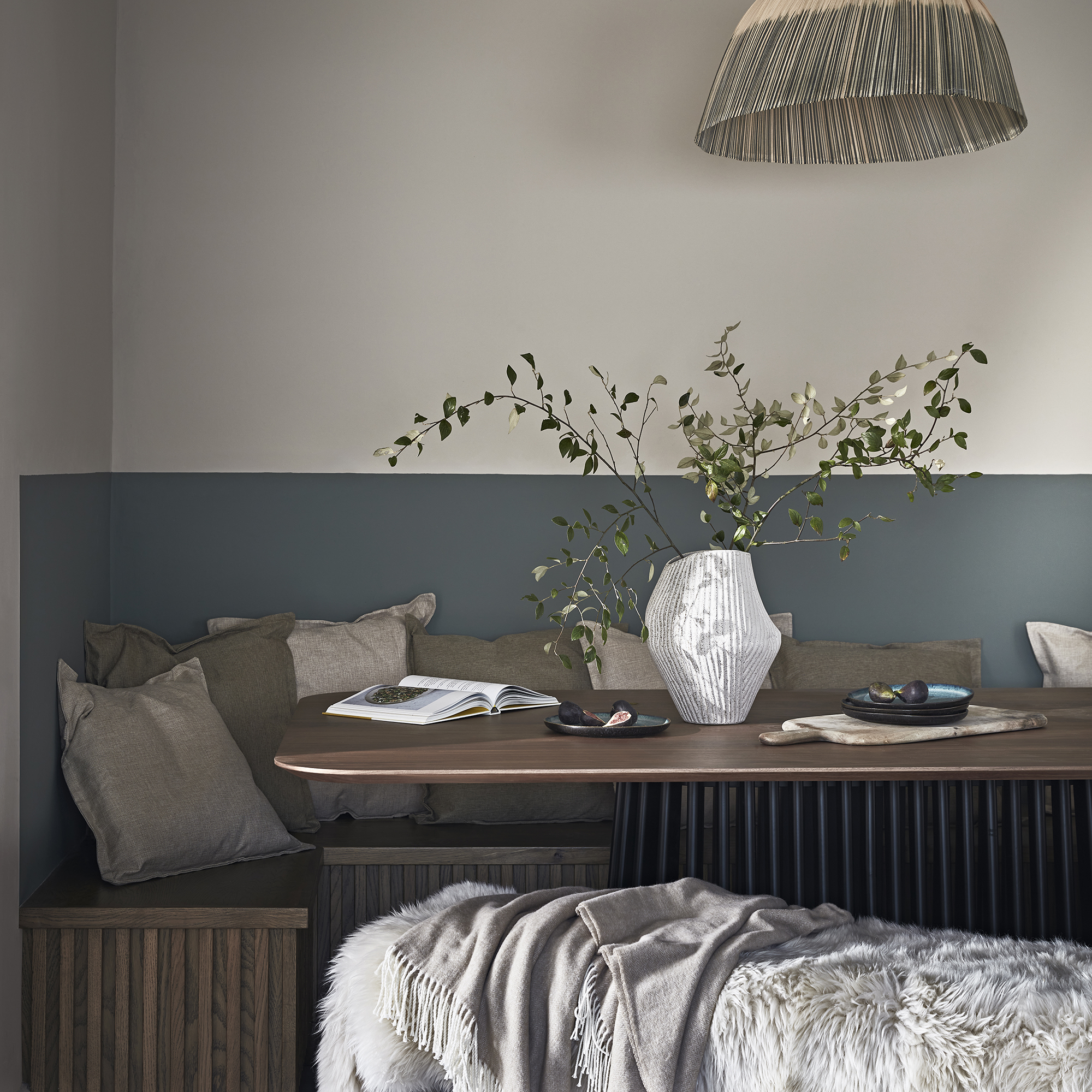
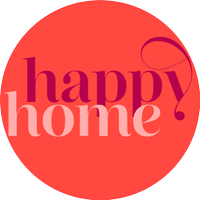 How to create a sensory home – interiors experts reveal 5 easy ways to style your home and soothe your mind
How to create a sensory home – interiors experts reveal 5 easy ways to style your home and soothe your mindYou can turn any space into a sanctuary by following these simple steps
By Maddie Balcombe
-
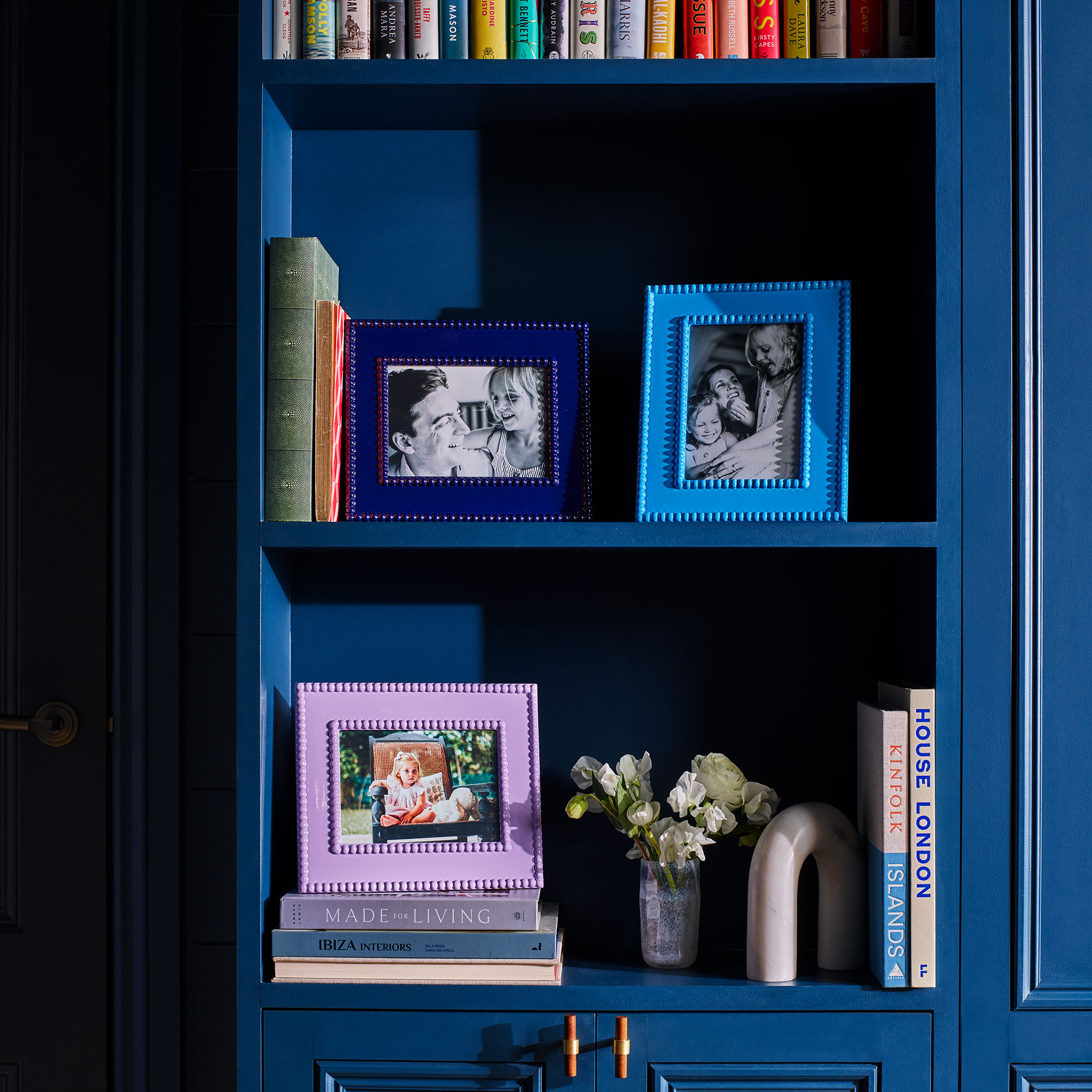
 Can displaying family photos at home make you happier? According to research it can — 5 ways to do it in style
Can displaying family photos at home make you happier? According to research it can — 5 ways to do it in styleHarness the mood-boosting power of looking through old photos by displaying your favourites
By Rebecca Knight
-
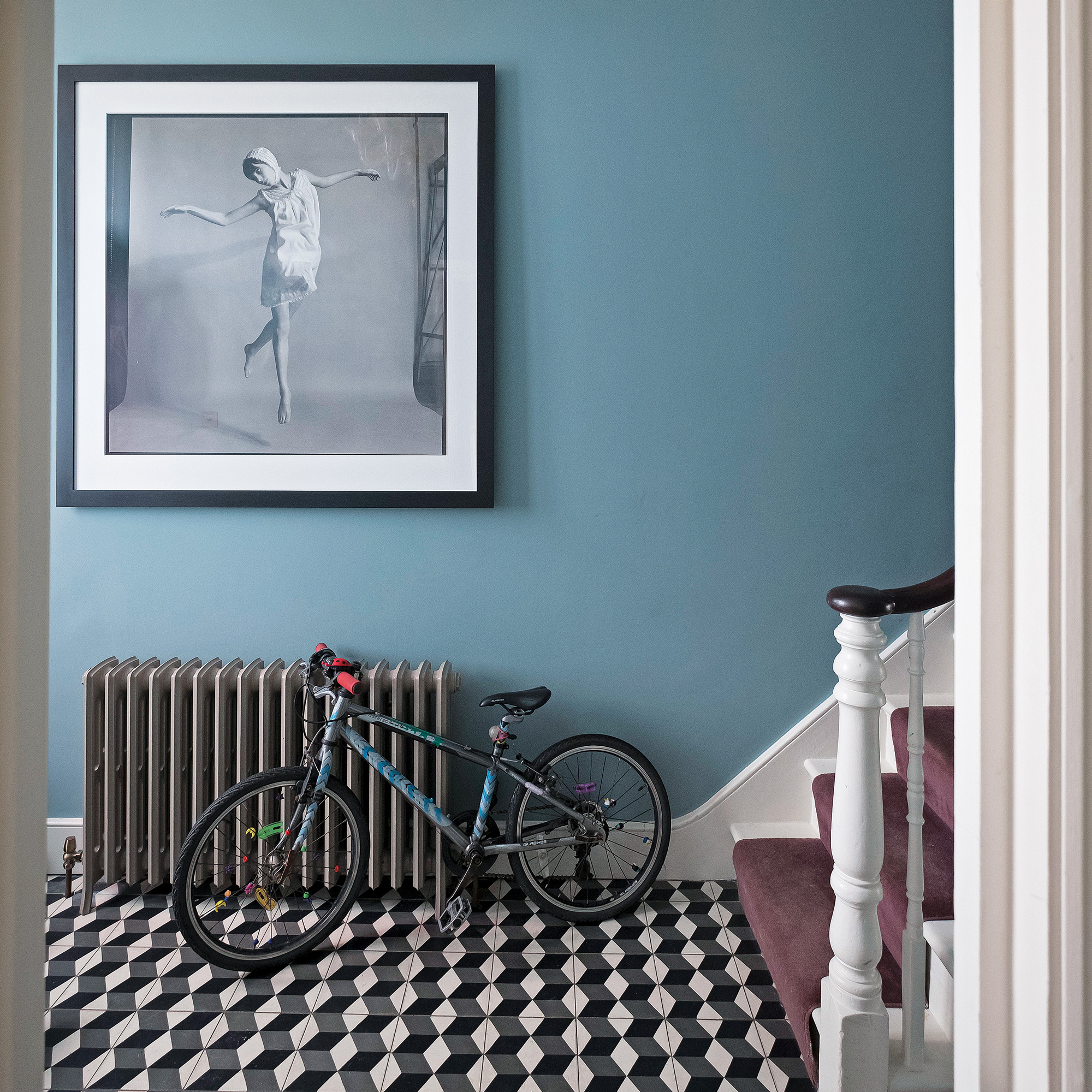 How to make a hallway smell incredible without candles - 7 ways to gently fragrance your entranceway
How to make a hallway smell incredible without candles - 7 ways to gently fragrance your entrancewayGo flame-free to safely scent your entryway
By Vanessa Richmond
-
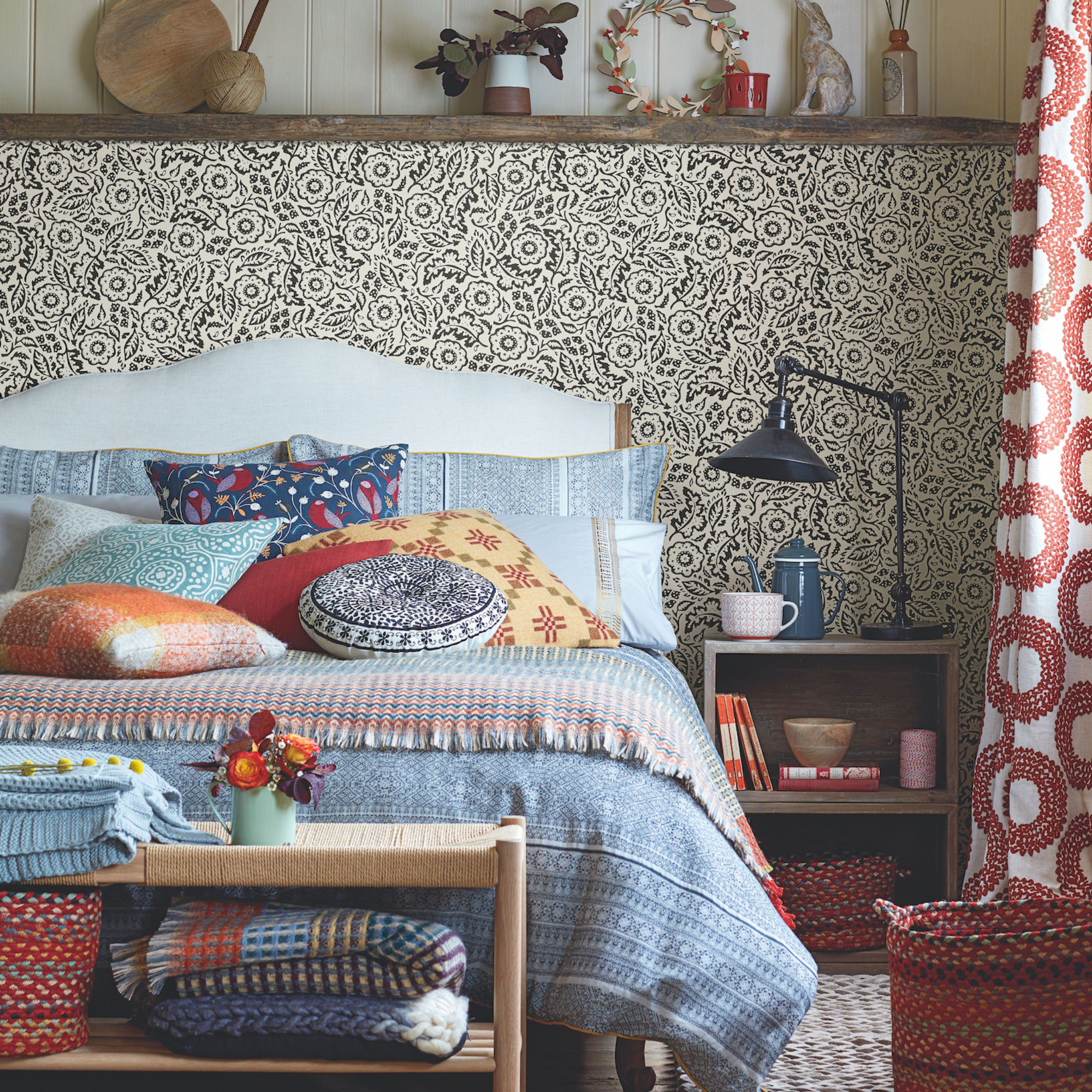 6 ways I brighten my home in January when the Christmas decorations come down, as an interior stylist
6 ways I brighten my home in January when the Christmas decorations come down, as an interior stylistHelp banish the winter gloom with these uplifting ideas
By Laurie Davidson
-
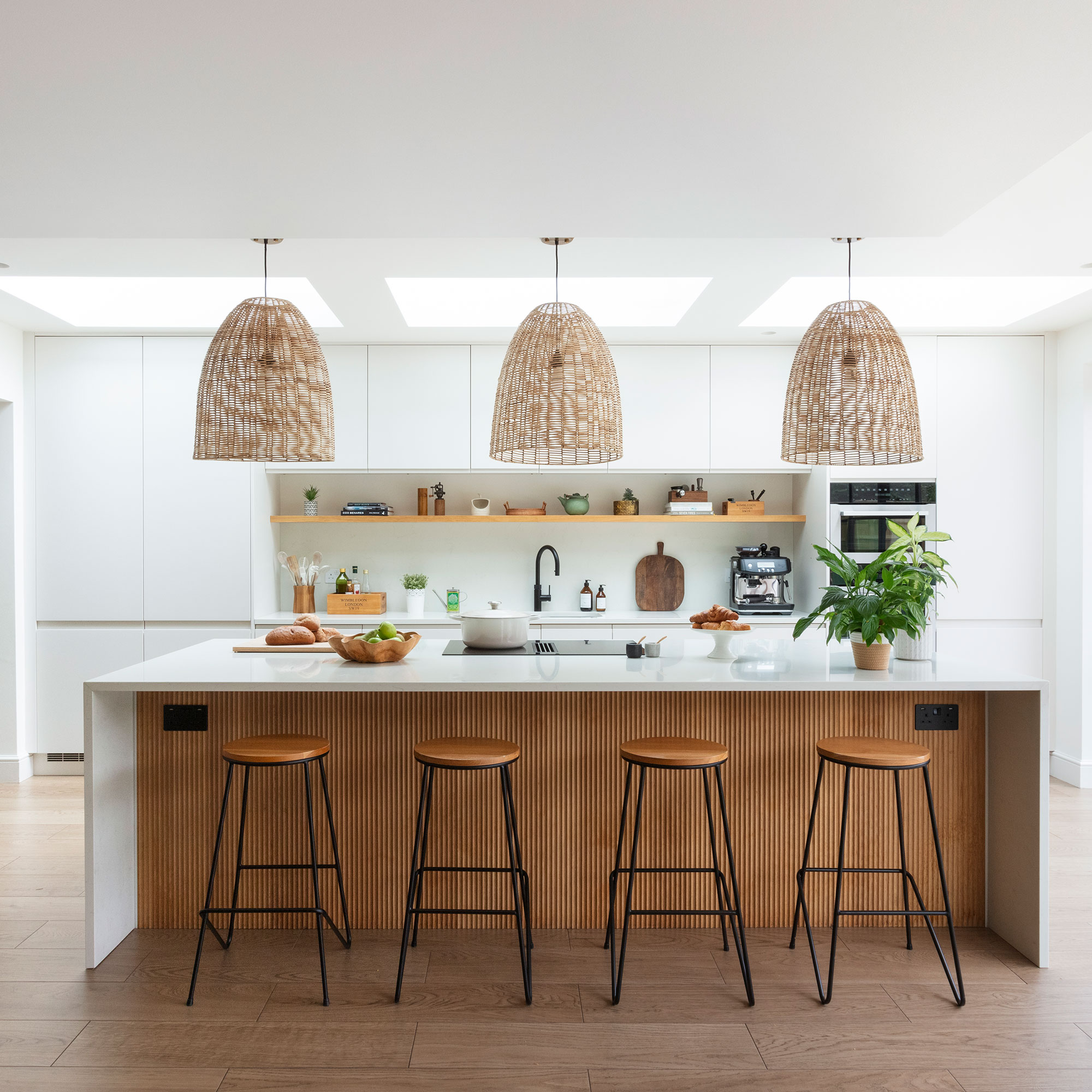 Kitchen hacks to encourage healthy eating habits — 7 ways your kitchen can support healthy living
Kitchen hacks to encourage healthy eating habits — 7 ways your kitchen can support healthy livingMake creating healthy changes easy by following these tips
By Eilidh Williams
-
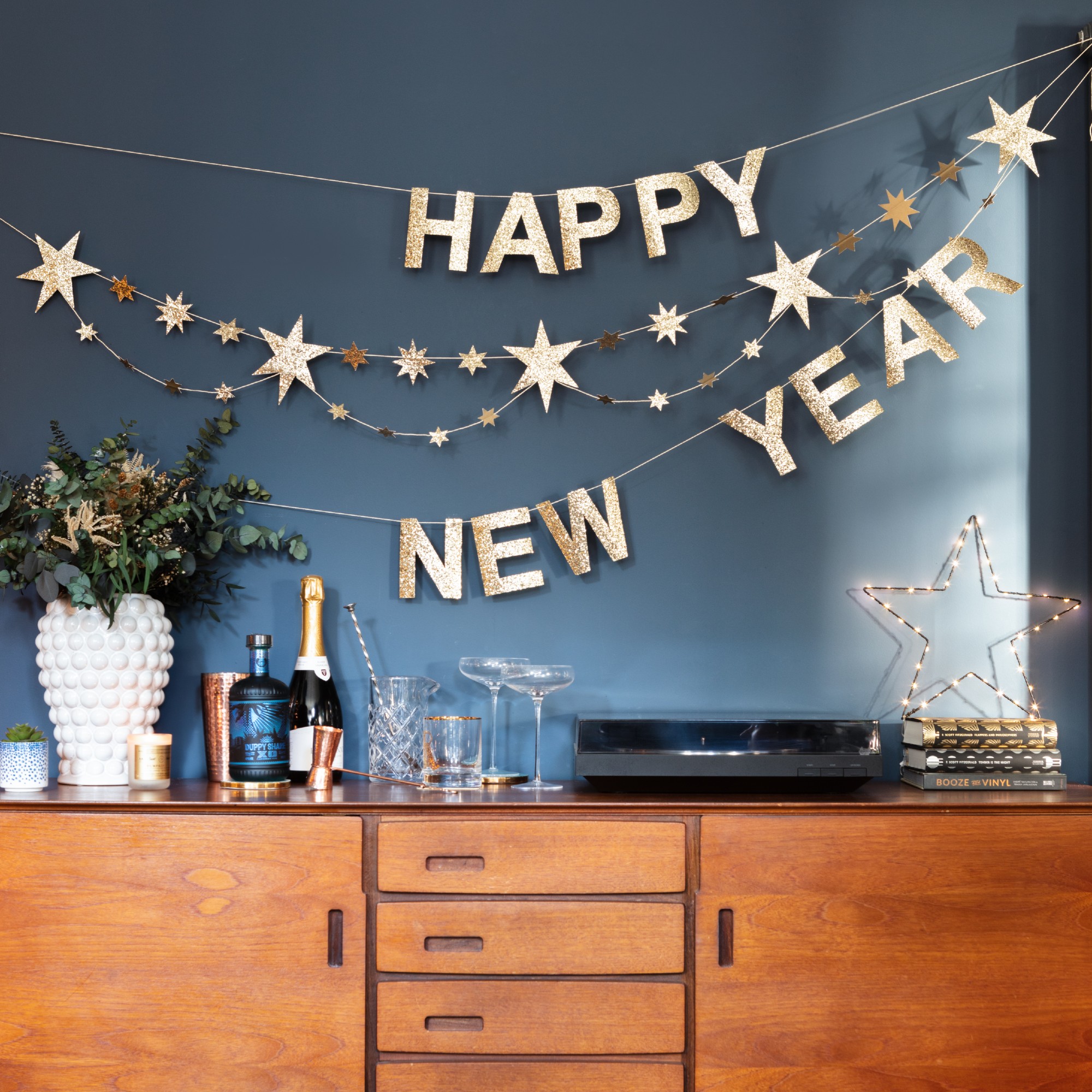 How to reset your home after Christmas to restore a sense of calm
How to reset your home after Christmas to restore a sense of calmFollow these 7 steps to get back to normal at home and beat post-Christmas blues
By Eilidh Williams
-
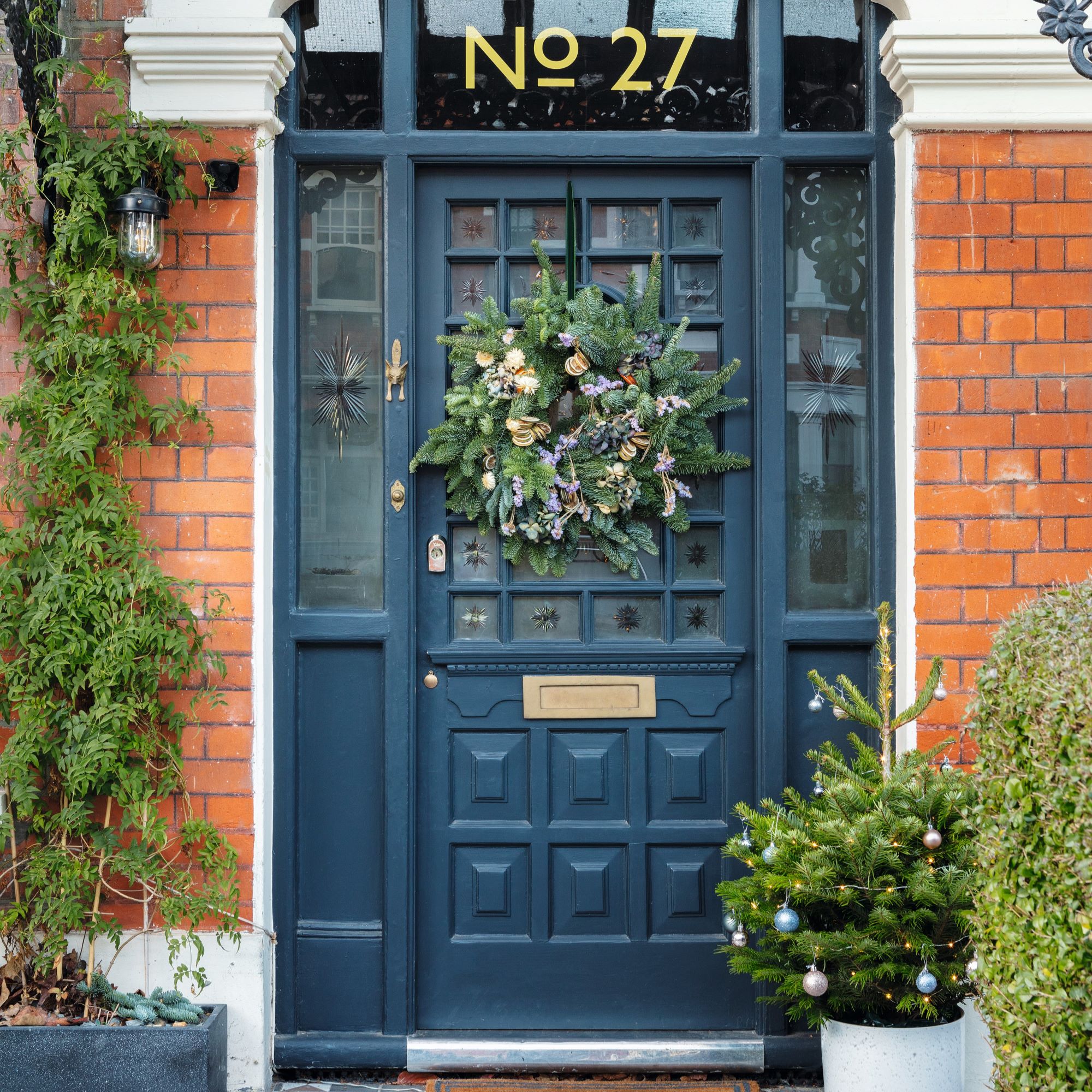 How to make a house look more inviting - 8 ways to quickly boost your house’s appeal in time for Christmas
How to make a house look more inviting - 8 ways to quickly boost your house’s appeal in time for ChristmasMake visitors feel welcome from the second they step foot on your property
By Vanessa Richmond